How to Repair Your Skin Barrier
What is the Skin Barrier?
Think of your skin barrier like a shield—it’s the outer layer of your skin that protects you from things like pollutants, bacteria, and other nasties. It also helps keep moisture in, so your skin stays hydrated and plump. When your barrier is healthy, your skin feels soft and balanced. But if it gets damaged, you might notice dryness, irritation, and your skin becoming more sensitive to things around you. So, keeping that barrier in top shape is pretty important if you want smooth, happy skin!
Causes of Skin Barrier Damage
Your skin barrier is constantly under attack from both external and internal factors. On the outside, things like pollution, UV rays from the sun, harsh chemicals in skincare products, and extreme weather (whether it’s super dry or too humid) can all cause damage. These elements can strip the skin of its natural oils, leading to dryness and irritation.
On the inside, there are habits and conditions that can weaken the barrier too. Over-washing your face, scrubbing too hard, or using strong exfoliating ingredients like AHAs and BHAs too frequently can break down the skin’s protective layer. Stress, believe it or not, can also take a toll by triggering inflammation, and certain medications (especially steroids) can thin the skin, making it more susceptible to damage. It’s all about finding balance and being kind to your skin!
Symptoms of a Damaged Skin Barrier
| Symptom | Description |
|---|---|
| Dry, flaky, or scaly skin | Skin appears rough, dull, and may have patches of peeling or flakes. |
| Itching, redness, or irritation | The skin feels uncomfortable, may become inflamed, and show signs of irritation. |
| Acne, infections, or rashes | Skin becomes more prone to breakouts, infections, or other skin conditions. |
| Increased sensitivity and inflammation | Skin reacts more intensely to products, weather, or environmental factors. |
When your skin barrier is compromised, it doesn’t just look different—it feels different too. You might notice your skin becoming dry, flaky, or scaly, which means it’s struggling to hold onto moisture. It could also become more sensitive, with increased itching, redness, or irritation popping up for no reason.
Another sign is the appearance of breakouts or even rashes, as the skin is less equipped to protect against bacteria or irritants. If you’re finding that your skin is reacting more intensely to products you’ve used before, or it’s becoming more inflamed, it’s a clear signal that your barrier needs some TLC.
How to Repair the Skin Barrier
Repairing your skin barrier doesn’t need to be complicated, but it does require a bit of patience and care. Here’s how to get your skin back on track.By following these steps, you can get your skin barrier back to feeling smooth, hydrated, and resilient. It may take a little time, but your skin will thank you for the extra care.
- Gentle Cleansing: Start with a mild cleanser that’s fragrance-free and gentle on your skin. Avoid using hot water and harsh scrubs, which can damage the skin further and cause micro-tears.
- Limit Exfoliation: Exfoliating too often can make a damaged barrier worse. Stick to mild, leave-on exfoliants like gentle acids, and save physical scrubs for when your skin’s barrier is fully healed.
- Use Hydrating Ingredients: Your skin loves moisture, especially when it’s compromised. Look for products with ceramides, fatty acids, and hyaluronic acid, which help restore and reinforce the skin’s natural barrier.
- Sun Protection: UV rays can weaken a damaged barrier even further. Make sunscreen a non-negotiable part of your daily routine with at least SPF 30.
- Avoid Overuse of Actives: Strong actives like AHA, BHA, and retinol can be too harsh when your skin barrier is compromised. If you’re using them, make sure to apply them at different times of the day—exfoliants in the morning and retinol at night—to give your skin a break.
- Moisturize Regularly: Find a good moisturizer that contains humectants like glycerin or occlusive agents like petrolatum. These ingredients lock moisture into your skin and help repair the barrier.
Additional Tips for Skin Barrier Repair
- Simplify Your Routine: When your skin barrier is damaged, less is more. Overloading your skin with too many products can do more harm than good. Stick to the basics—gentle cleanser, moisturizer, and sunscreen—and add in treatment products only when necessary.
- Pay Attention to pH: Keeping your skin’s pH balanced is key. Use a cleanser with a pH level between 4.0-5.0 to maintain the skin’s acid mantle, which is its natural protective barrier.
- Plant Oils: Natural oils like jojoba, argan, and rosehip oil are great for nourishing and protecting the skin barrier. They’re packed with fatty acids that help lock in moisture and keep the skin hydrated without clogging pores.
- Ceramides: These little wonders are like the building blocks of your skin’s barrier. Look for products that contain ceramides—they help to reinforce the skin barrier and prevent moisture loss, keeping your skin plump and healthy.
Understanding pH Balance and Why It Matters in Skincare
Time to Heal (weeks to a few months)
Healing your skin barrier doesn’t happen overnight—it can take anywhere from a couple of weeks to a few months, depending on how damaged it is. With the right care, you’ll start to see your skin feeling more hydrated and comfortable again. Just keep in mind that it takes time. Stick to gentle products, avoid anything too harsh, and let your skin do its thing. The more consistent you are, the sooner you’ll see that healthy glow come back!

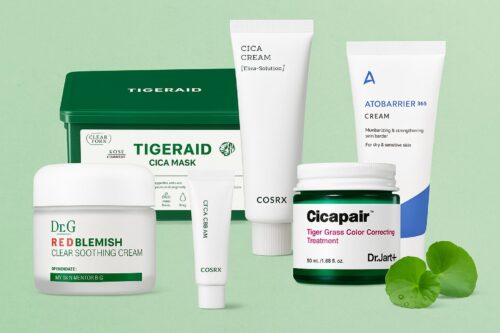
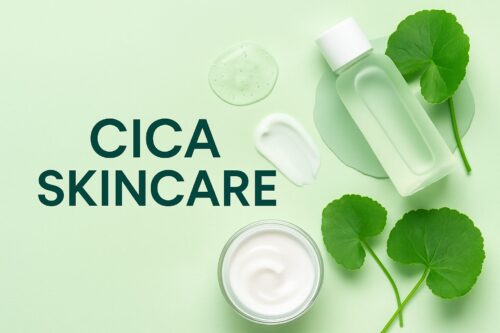
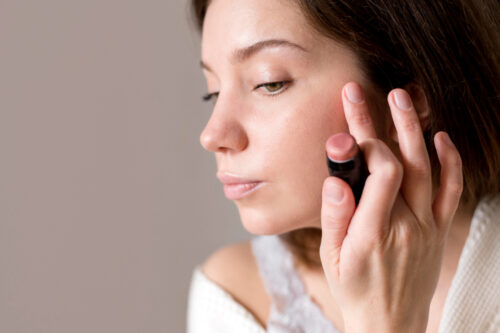


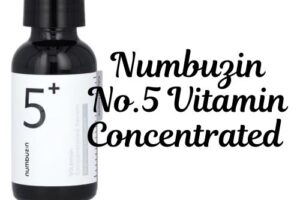
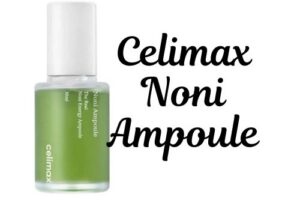
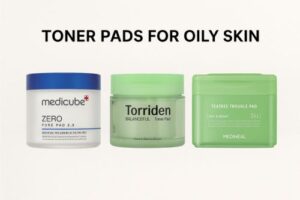





Post Comment